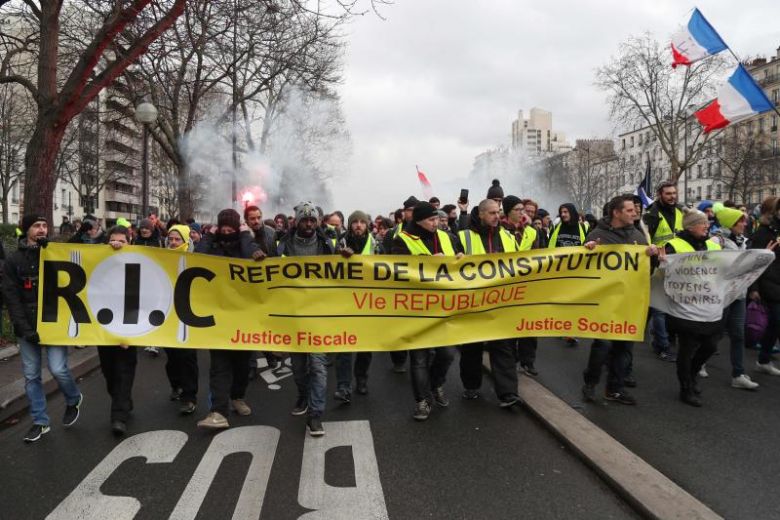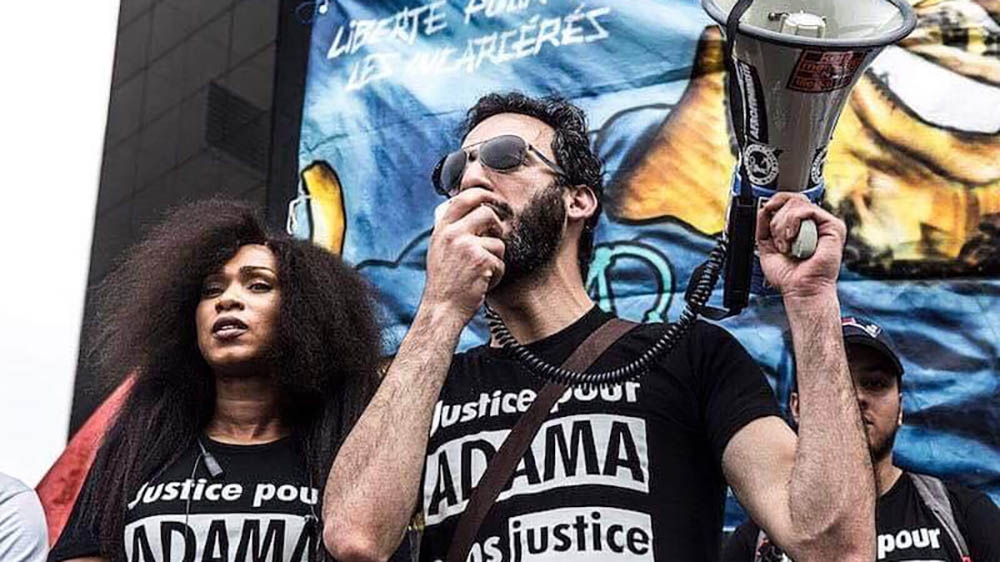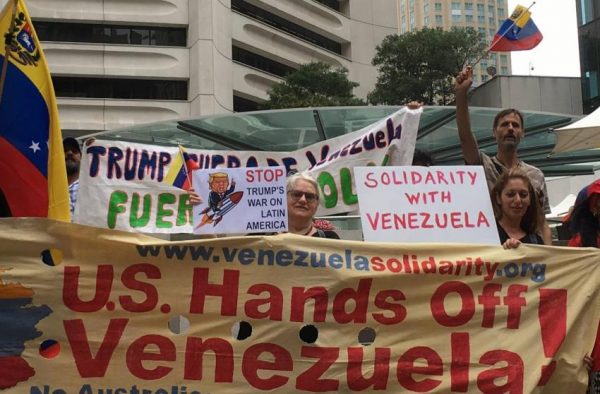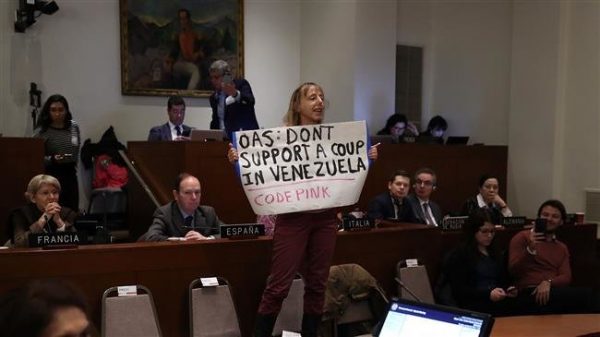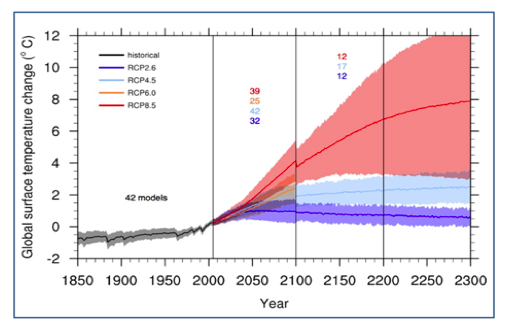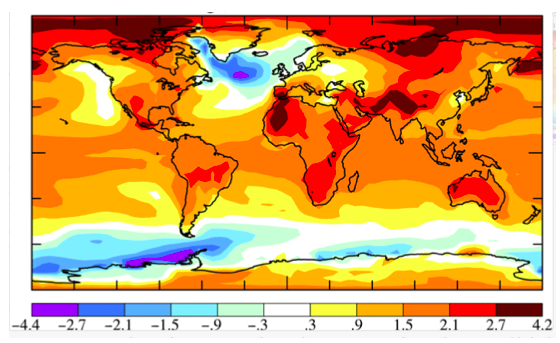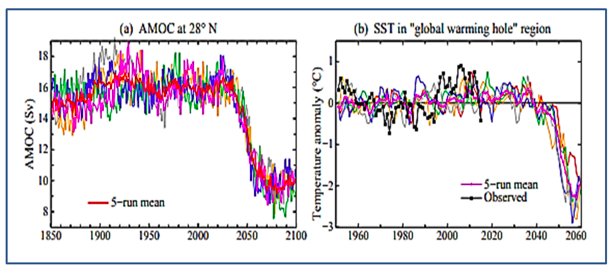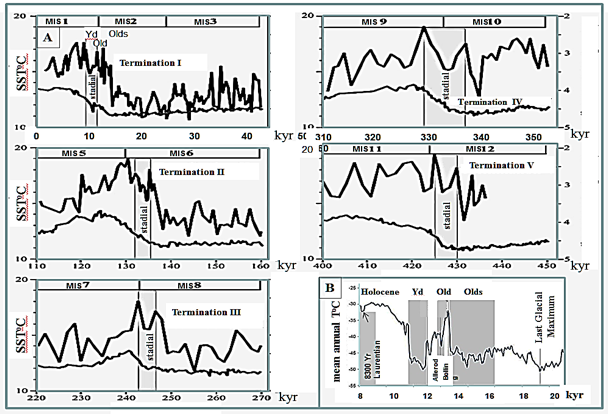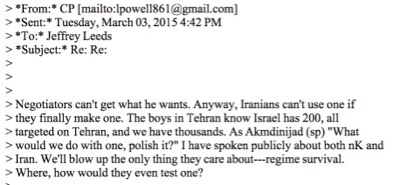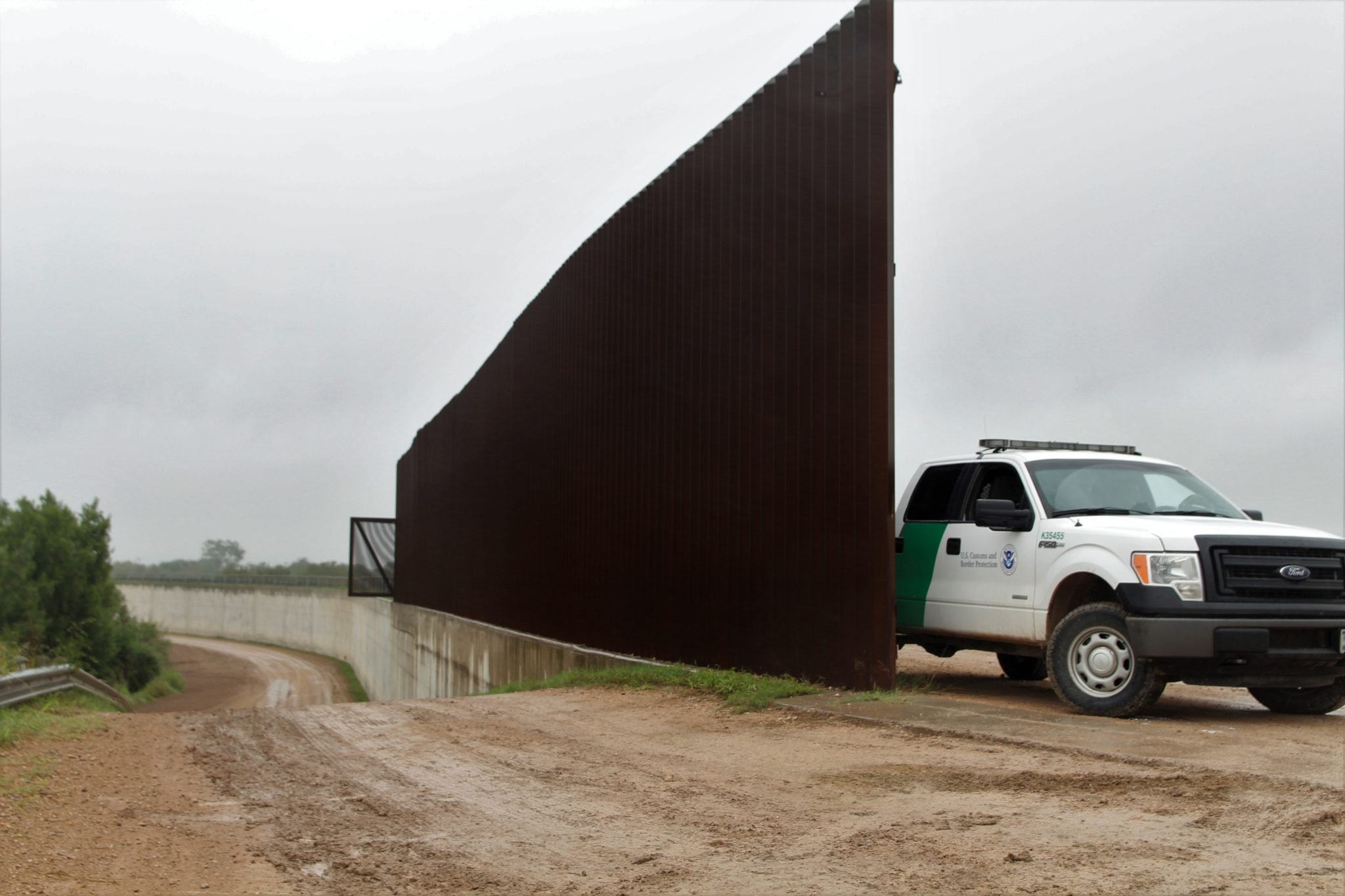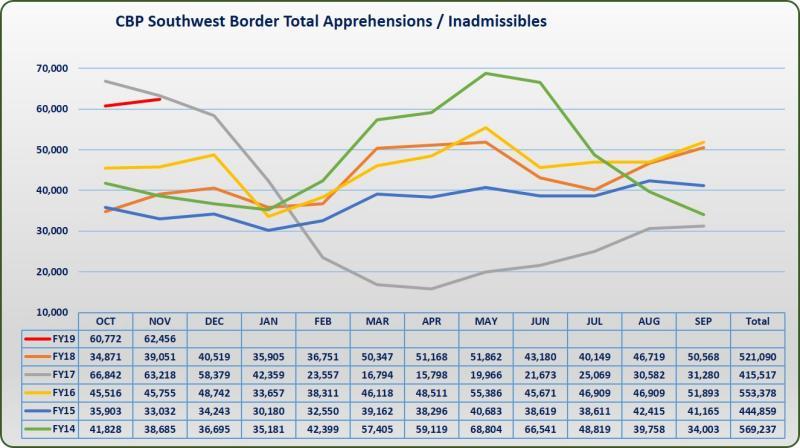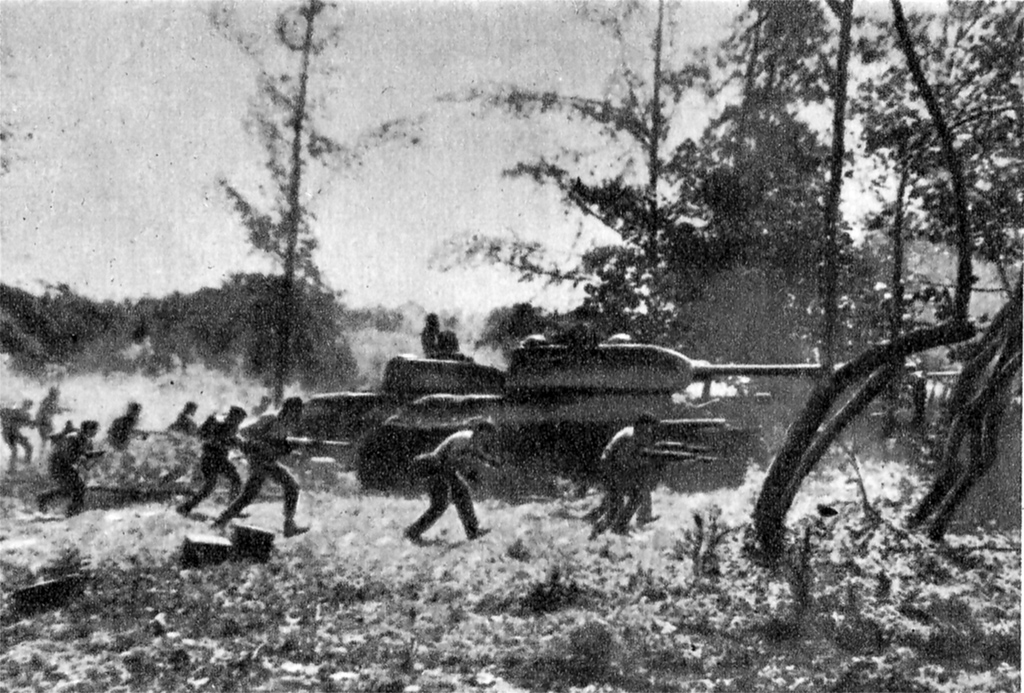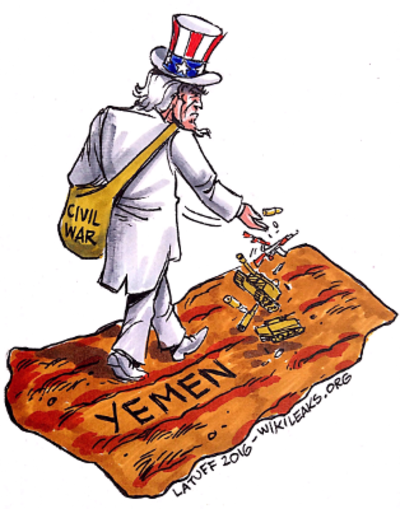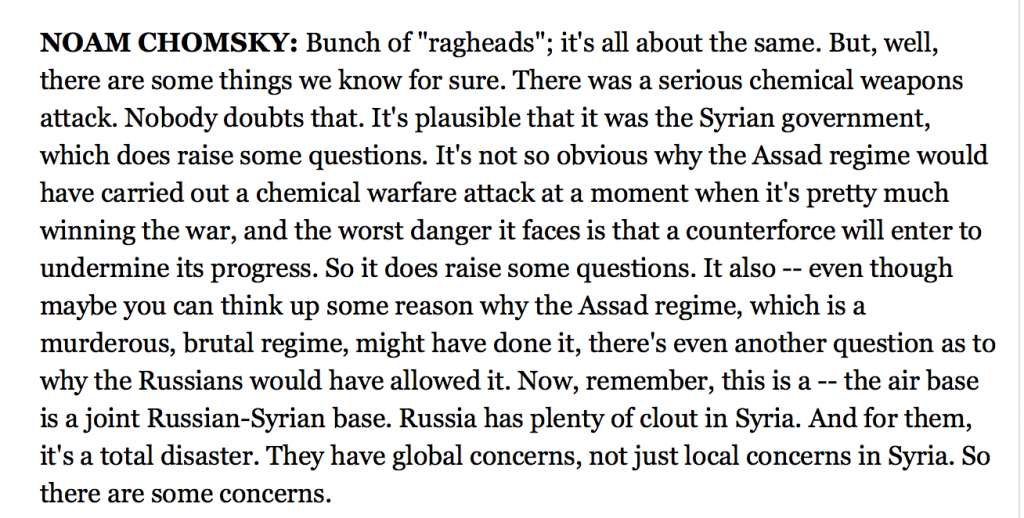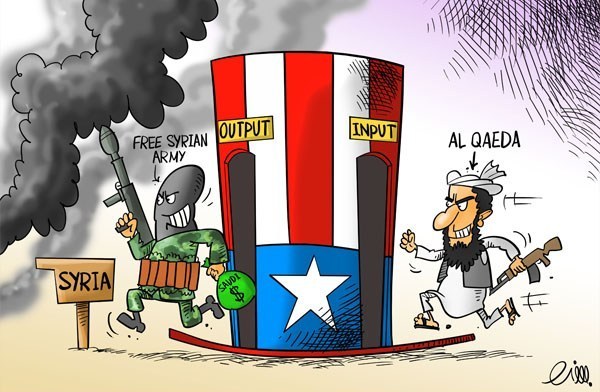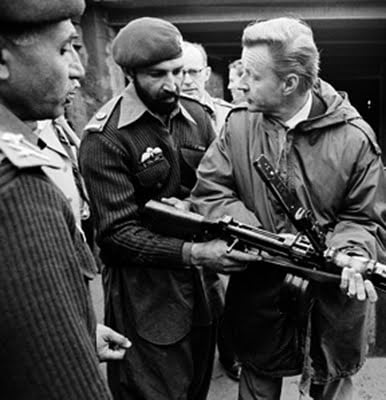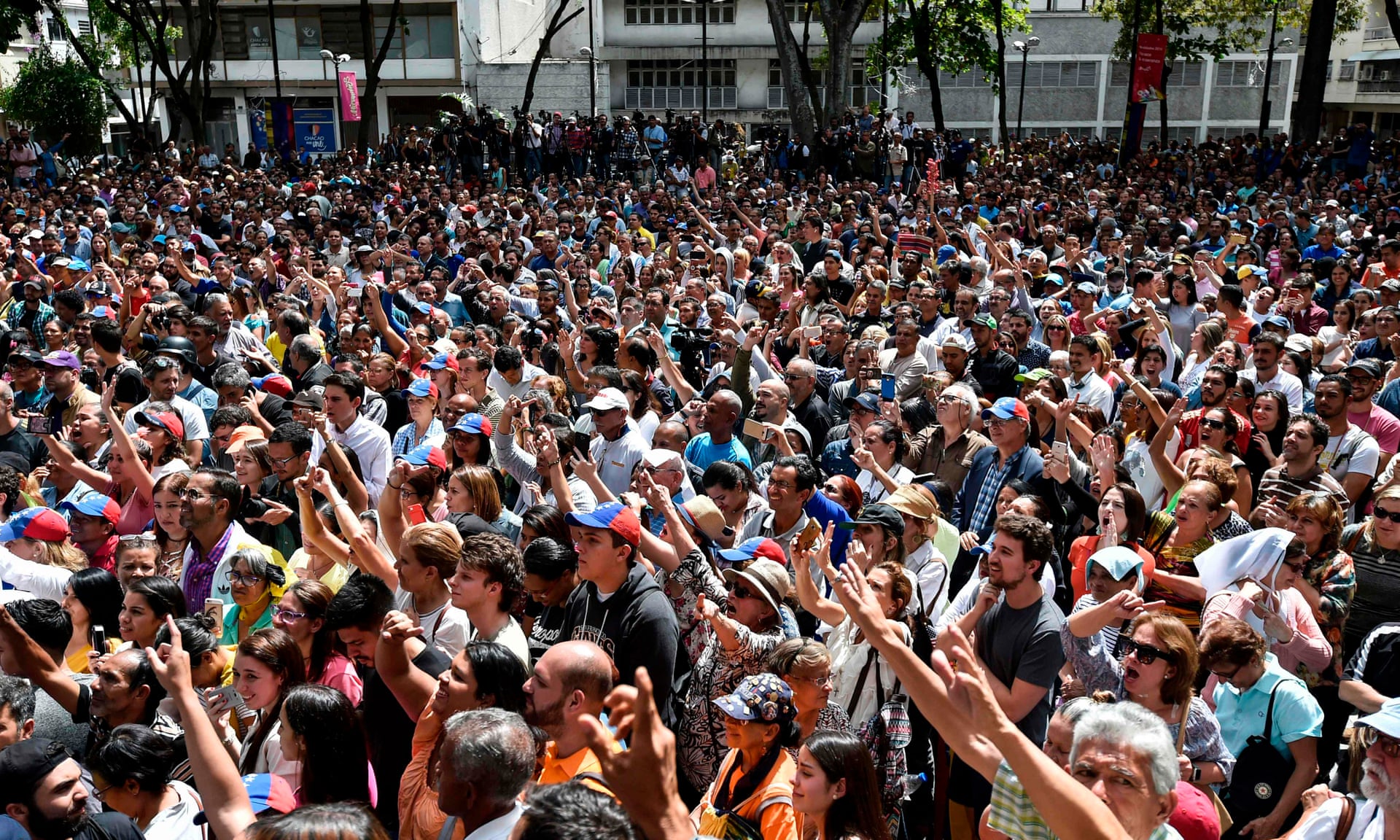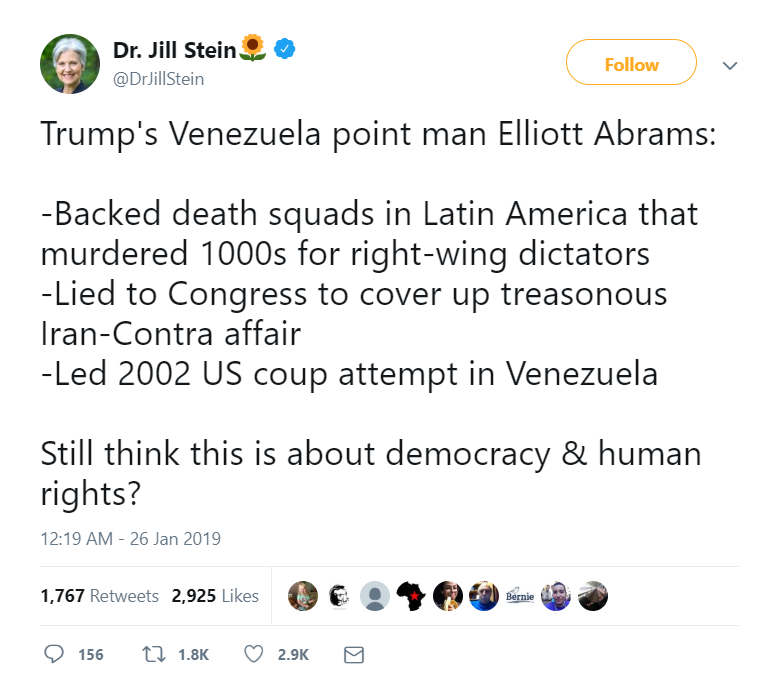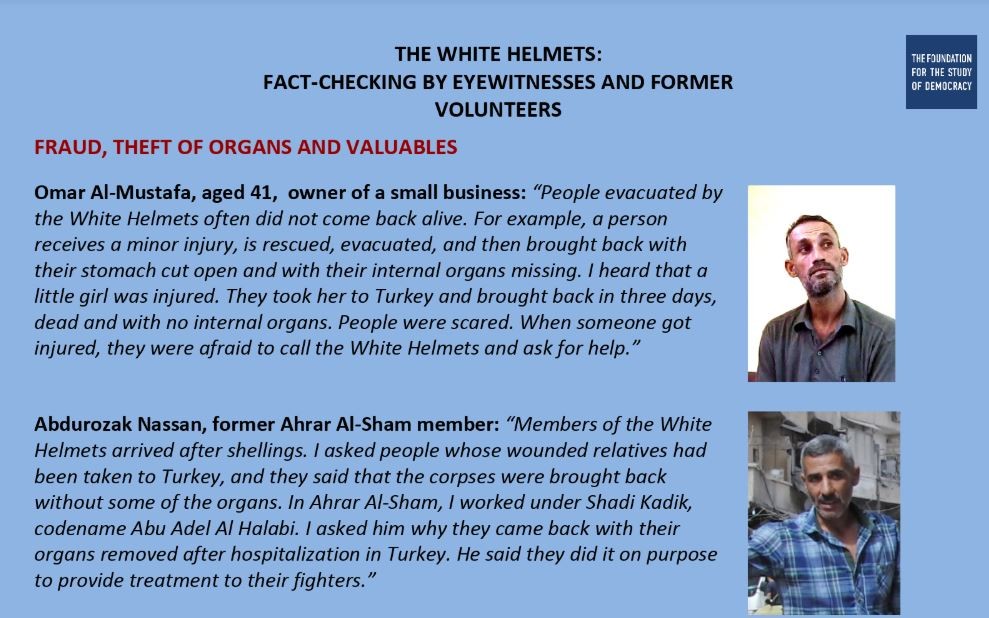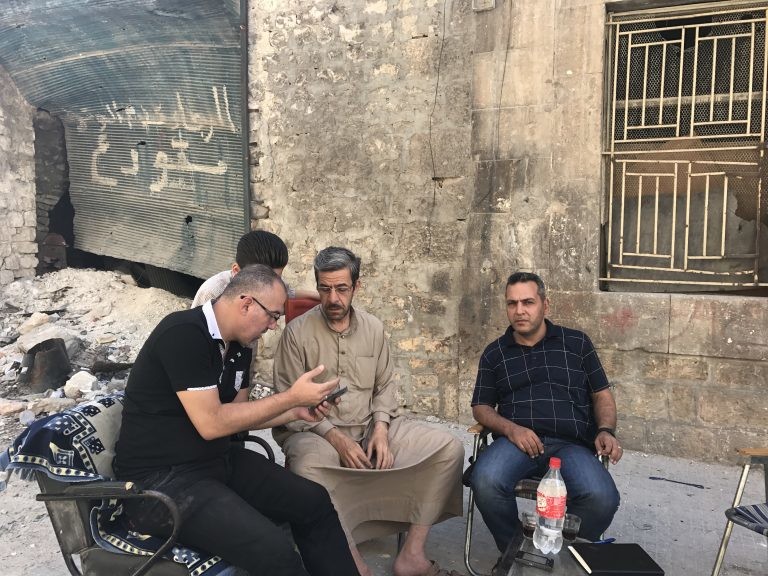Come to Southeast Asia.Hang around this part of the world in whichever way you like; wearing flip-flops, shorts and t-shirts. You were told that ‘everything is easy here, that things are cheap and people are friendly and happy’. Do what you want, as almost everything is allowed, especially if you are from the West, and have plenty of cash and some credit cards in your pockets.
That’s what your simplified perception of Southeast Asia is supposed to be. This stereotype has been created, refined and fine-tuned, then finally hammered into the subconscious of the people in North America, Europe, Australia and Japan. It has been done consistently, for many years and decades, until these lies, repeated a thousand times, have replaced reality.
As a result, tens of millions of holiday-makers, sexual tourists, adventurers and single men on power trips, descend on Southeast Asia, annually. Most of them do not see anything, and they do not hear. Most of them leave for home after getting suntanned, a bit fatter, and much more confident. They come with clearly formed ideas, and they leave without learning much.
Most of the ‘visitors’ do not want to be disturbed by reality, because the reality could be extremely unsavory, even horrifying.
The ‘hidden’ and extremely uncomfortable truth is: most of Southeast Asia is actually absolutely unfit for tourism. It is deeply, and terribly injured, even, a broken part of the world which has never been allowed to leave its brutal, feudal system behind.
Its people are barely surviving in the straightjacket of extreme capitalism. All sorts of imported rubbish, from brainless pop music to the lowest grade of Hollywood films, junk food, mass media and ‘fashion’ as well as ‘me-me-me habits’ have been put to work in order to irreversibly ruin their traditional cultures. Generally, people here are unhappy; often thoroughly confused. Societies from Thailand to Indonesia and the Philippines are becoming increasingly violent. At the same time, the politically ‘pacified’ population does not rebel against the rulers in the West or its own servile elites: right-wing political and religious extremism are often the only ‘answers’ to popular outrage.
The land of Southeast Asia is devastated, as it is nowhere else on our planet; in fact, it has been totally plundered by unbridled mining, logging, palm oil and rubber plantations. The extraction of natural resources is done in a monstrous fashion; often by poisoning rivers with mercury, by cutting most of the primary forests down or by flattening entire mountains. From an airplane, places like the island of Borneo or Peninsular Malaysia appear as nothing less than hell on earth.
This vast part of the world with a total population of around 650 million, does not count on any renowned thinkers or scientists, and with the exception of Vietnam (which is Communist and therefore to a greater degree different) on even one single globally renowned writer or a film director.
All this is not supposed to be discussed ‘like this’; in this fashion. Writers and filmmakers, local and foreign both, are discouraged from describing and documenting what is right in front of their own eyes.
But why? How come that Southeast Asia has managed to escape almost entirely all the scrutiny by the Western mainstream media?
It is because what I have just described above is nothing else other than a result of the monstrous mass murder, plunder and destruction, which has been perpetrated by the West.
It has been happening all over here; in all corners of Southeast Asia. The destruction has been so appalling and frightening, that almost no liberals in Paris, London, Amsterdam, Canberra or Washington are willing to acknowledge it, instead sticking to bizarre clichés and glorification of the state to which the victims have been reduced to; in which they are forced to live.
Entire teams of academics, notably those at the Australian National University (ANU), but also at several other institutions, continuously repeat the official Western dogma, which describes Indonesia as ‘a normal country’.
But isn’t this what the so-called Western ‘political correctness’ is all about? Doesn’t it work like this: “A country is attacked, left-wing government gets overthrown, corrupt leaders put on thrones; then natural resources get plundered, and extreme right-wing ‘elites’ fully subservient to the West quickly steal everything from their country and people, while dutifully sharing the booty with Western corporations. The population gets indoctrinated, totally brainwashed and the opposition either murdered or scared into submission. And then, and then, the West ‘shows great respect’ for that local ‘culture’ and for ‘local people’. Read: respect for its own Frankenstein; for its own creations.
It goes without saying that this gangrenous monster which the West first created and then ordered everyone to ‘respect’, has nothing to do with the culture and ‘the people’.
In the end, the victims themselves, get methodically conditioned with tools such as mass media, ‘education’, and continuous propaganda dispensed by the political regime. They stop being aware of their own conditions. They become resigned.They become religious, submissive. They blame and fight each other, but never the true oppressors; never the regime.
The victims often feel they are not well, but they have no idea, why?
*
For centuries, Southeast Asia suffered terribly at the hands of the French, Dutch, US and British colonizers. For instance, at the beginning of the 20th Century, the US forces brutally massacred around 1 million Filipinos, in their Asian colony.
Official independence from European and North American colonial masters did not stop the suffering of the people.
After WWII, no other part of the world endured more Western massacres and terror than Southeast Asia. Not even Africa, the Middle East or Latin America. The numbers are truly striking.
The West’s lovely ‘holiday destinations’ inhabited by ‘friendly locals’, were carpet-bombed, and poisoned by chemical weapons. Millions of people were slaughtered; by injected military regimes, by monarchs, by elites and military juntas. Not unlike in Latin America, but with numbers astronomically higher, because the West never considered Asian people to be equal human beings (For instance: around 2 million Indonesians were slaughtered during the 1965 military coup of General Suharto. The coup perpetrated by General Pinochet in Chile, in 1973, took lives of 2-3 thousand people. Adjusted to the numbers of people living in both countries, Indonesia still lost approximately ten times more people than Chile).
Everyone knows about the suffering of Vietnam, under French brutal colonial rule, and then, during the terrorist war unleashed against the country by the US and its allies. But no one really knows, precisely, how many Vietnamese people died. The number of victims goes in to millions. At least 4 million Vietnamese citizens vanished.
Laos and the so-called ‘side-kick’ or ‘Secret War’ was even worse, on a per capita basis. Hundreds of thousands vanished in this sparsely populated country, which is inhabited by humble and gentle people. Strategic B-52s bombers were deployed against farmers and their water buffalos, using evil cluster bombs that are, to this day, killing thousands, all over the Laotian countryside. There was no reason for this brutal, monstrous genocide, except some abstract ‘concern’ in Washington that this poor nation could follow Vietnam’s example and ‘go Communist’ (it did, after it tasted true Western ‘democracy’, literally on its skin).
Cambodia – a country where the West nurtured corrupt and brutal elites in Phnom Penh, and then began the same monstrous carpet-bombing campaign as in Laos, against unarmed, desperately poor peasants, using B-52s, killing hundreds of thousands, and displacing millions. People lost their minds from the horrors of the bombing. They were also driven from their land, and began dying from famine. Dismal situation opened doors to Khmer Rouge, which the US decisively supported (on the battlefield and at the UN), even after this deranged murderous group got defeated by heroic Communist forces of Vietnam.
Thailand – country which has been choked by car industry and monstrous form of extreme capitalism, while upholding its backward feudal system. Thailand with countless military coups designed to sustain pro-Western monarchy. Thailand which accepted on its turf part of defeated Chinese anti-Communist army, and ‘put it to work ‘almost immediately’, allowing it to massacre substantial part of its own left-wing movements. Thai state that massacred and raped its own students, and butchering thousands of Cambodian refugees. Thailand that technically attacked both Vietnam and Laos, by flying Air America missions against those countries, opening its airports to the West, while selling its own women in countless brothels in Pattaya and elsewhere, to the Western pilots and ground staff.
Indonesia, where the 1965 US and UK -sponsored military coup against left-wing President Sukarno and (then) the third largest Communist Party in the world (PKI), took the lives of between 1 and 3 million people, installing perhaps the most grotesque fascist extreme-capitalist regime on earth. Indonesia, where all the great artists and thinkers were killed, or imprisoned in the Buru concentration camp, and, where the West helped to install a totally brainless system de-intellectualizing the nation and forcing it back to the Middle Ages. Indonesia, where secularism is now collapsing, and where, during the upcoming April 2019 elections, voters will decide between an inept and weak pro-capitalist leader, and a truly fascist military mass murderer.
East Timor (Timor Leste) – a tiny country which was overrun by Indonesia in 1975, shortly after it gained independence from Portugal, under the leadership of the left-wing FRETILIN movement. The right-wing dictator of Indonesia – Suharto – declared that he was ‘not going to tolerate a second Cuba near its shores’, and got a big pat on his back, as well as full support from the US, UK and Australia. The result: around 30% of the entire population of East Timor vanished during the occupation. Countless Indonesian leaders, including the former President ‘SBY’, served there. If Indonesia was a ‘normal country’, these individuals would now be facing long jail sentences for genocide, or in some cases, a firing squad.
In West Papua – hundreds of thousands of people have already died, also under the Indonesian genocidal occupation, which is fully supported by the West, because Papua, like Borneo (which is known in Indonesia as Kalimantan) is getting thoroughly plundered by multi-national companies, of course under the careful supervision of Indonesian military forces. Horrors like the state-sponsored ‘trans-migration’ policy, designed to make people of Papua a minority on their own island, are ongoing and relentless. The people, who have lost everything under the occupation, are forced to convert to Islam, and they are also forced to abandon their way of life and their land. What Indonesia does in West Papua is nothing less than genocide. It is not only the killing and rape, of which its military could be accused of. The plunder of Papuan resources is as deadly for many other reasons, it is like if the force would be used to ‘open up’ vast parts of the Amazonia or Orinoco basins in South America – areas inhabited by indigenous tribes that have never come in contact with the outside world. Even the most insane right-wing presidents of Brazil or Venezuela (of the past), would never dream about such brutal genocidal undertakings (although this may change under the fascist presidency of Bolsonaro in Brazil). In West Papua, dozens of fragile cultures are disappearing. People who have never come into contact with the ‘outside world’ are being forced out of their rainforest, as trees are cut down and mining companies, backed by the Indonesian armed forces, ransack the land. Defenseless tribal people are dying from diseases and hunger, at the same time as corrupt Indonesian officials and businessmen are burning money in Jakarta’s overprized malls, as well as in Singapore, Macau and Hong Kong. And now, thousands of Western tourists fly into West Papua, to Raja Ampat, which is becoming an ‘in place’ for diving!
Malaysia had its own share of inter-religious conflicts, although never at the level of neighboring Indonesia. Nature in Malaysia, almost like in Indonesia, is totally devastated, due to massive palm oil plantations and mining.
The Philippines lived through horrific decades of US neo-colonialism, experiencing the similar extreme capitalism that has been imposed on Indonesia. Only in the recent years, sound social policies have been introduced, and a moratorium on mining, at least in some parts of the Mindanao Island, has been enforced.
Brunei, one of the richest exporters of oil on earth, is now governed by Sharia Law, which, at least in theory, allows amputations, flogging, stoning and other religious practices. Another place where such regressive brutality is officially allowed is in an autonomous province of Indonesia – Aceh.
*
I worked in this part of the world for decades. I covered countless horrors and conflicts in Indonesia. I used to live in Hanoi, and I covered in-depth the situation in Laos, Cambodia, Malaysia, and Papua. I covered East Timor, during the occupation, and was tortured there by Indonesian forces. It happened after I exposed mass rape in Ermera town.
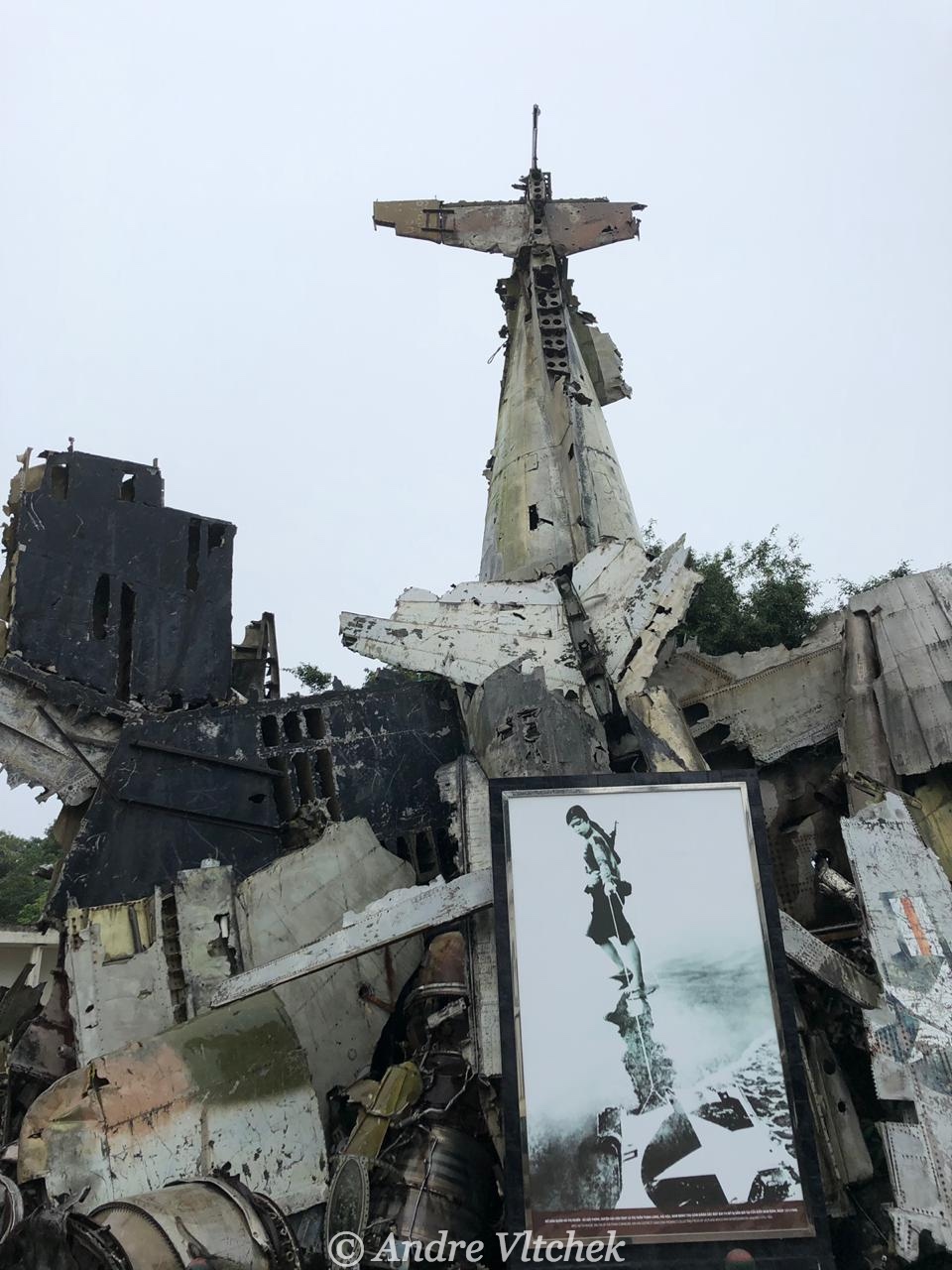
In Hanoi – monument to Western atrocities
Right now, I am working on a detailed and shocking documentary film about the total environmental destruction of Borneo.
As a local (I actually feel like a ‘local’ in all parts of the world), I often look at the Western travelers visiting this part of the world, and I am wondering, sincerely: are they really so ignorant about the past and the present of Southeast Asia? Or perhaps, are they making sure not to know?
Are they ‘enjoying themselves’, surrounded by devastated nature, privatized and ruined beaches, and a deranged culture? Do they feel powerful, unique, superior, because their countries managed to destroy the entire Southeast Asia, bringing it into shameful submission? Is it, at least partially, why they are here?
Don’t they see? The Indonesian islands of Bali and Lombok have become thoroughly grotesque: everything has been stolen along the coasts, people forced out of their dwellings, and the culture has been fully ruined. Bali suffers from traffic jams and pollution, from over-population, poverty and filth. There is hardly anything pristine there, now. ‘Culture’ is only for sale!
The coastline of Thailand is totally finished. The once pristine islands are now dotted with mass-produced, low quality market towns, with makeshift bungalows and ugly concrete structures. There are standardized, repetitive ‘offerings’, most of them of extremely low-quality. There are Thai and Western ‘beach food’, bad old (Western) pop music, countless massage parlors and ersatz bars. There is almost nothing truly Thai left on the Thai coastline. Thai women, the poorest of the poor, many from the north of the country, walk in flip-flops and tasteless T-shirts hand in hand with Western grandfathers, some of them in their 80’s. What a sight!
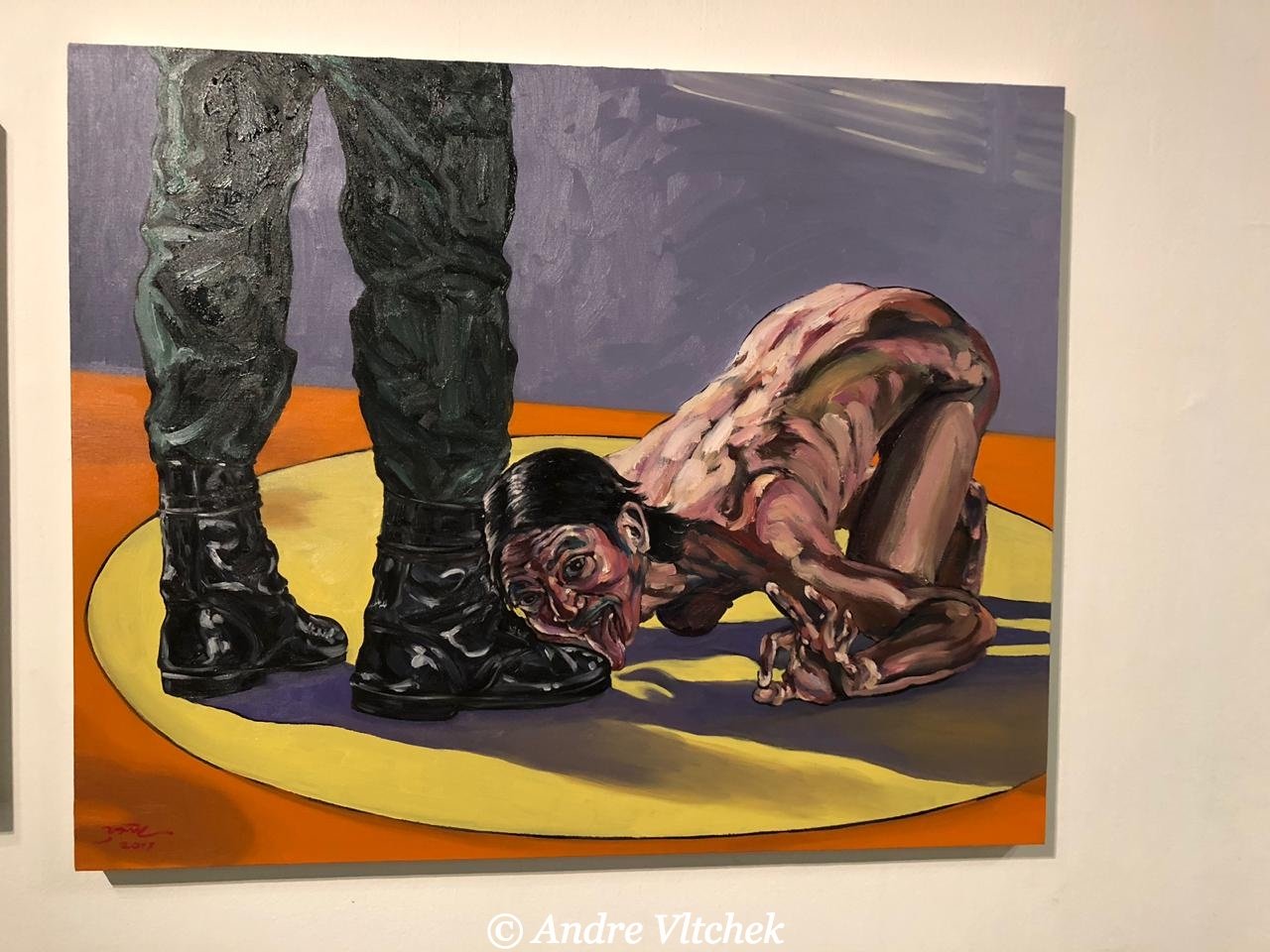
Artwork at BACC, before Thai elections
Everything feels ‘forced’, unnatural, and in terrible taste: in Indonesian ‘resorts’, on the Thai coast, and in the bars of the Philippines, as well as in Cambodia.
In and around Phnom Penh, ‘genocide tourism’ has reached its peak. It is fueled and sponsored by countless Western NGO’s, which are literally pimping the terrible Cambodian past as ‘proof’ that ‘Communism is evil’. Not a word about the fact that most of people who died here, were actually victims of the Western carpet-bombings and consequent famines, and that the Khmer Rougewas in reality a US-sponsored band of freaks, who knew very little about Communist ideology (I spent substantial time talking to them, deep in jungle, and most of them admitted that they had no clue about Marxism or Communism, when they were in power). But to the Westerners, genocide tourism is something thrilling, it represents ‘something new’; ‘something they did not experienced before’. It is good for selfies and for colorful pub stories back at home. And Cambodia is now making huge money out of all this, willing to twist its own horrid past, just to gain some cash. Go to the villages and talk to people: they know the truth. But almost nobody goes. Not even the Western media.
The West has totally stolen historic narrative, all over Southeast Asia. Academia in Malaysia, Indonesia, the Philippines and Thailand is deeply influenced, and manipulated from abroad. ‘Soft power’ is being used; scholarships, funding and invitations to the ‘academic exchanges’.
Both the academic narrative and the mass media in Southeast Asia, are now much more “Westernized” than in the West itself.
*
Clichés about this part of the world are mostly incorrect, in fact, surreal.
Despite the fact that it is suffering from the horrid religious intolerance, racism and perpetual conflicts and tensions, Indonesia is portrayed in the West as ‘tolerant’. Not having one single political party that would represent the majority (which is poor), it is branded as ‘democratic’. A place where a Chinese, black, white or Papuan person can hardly make few steps without being insulted on the street, or being mocked for his or her appearance, Indonesia is described by the Western mass media as ‘friendly’.
Thailand is the same. A staunch ally of the West during so-called Vietnam War, and ‘fight against Communism’, the Kingdom is portrayed as ‘Land of Smiles’. In fact, it has higher homicide rate per capita than the United States, and more female tourist are raped here, annually, than in South Africa. Smiles are reserved only for those who are ready to pay any price, without demanding much in return. Any confrontation here can easily deteriorate to violence. The West hardly ever criticizes outrageous capitalist models of Thailand or Indonesia, as well as collapsed infrastructure and inhuman city planning that is prioritizing motor vehicles and ruthless real estate developers over people. Bangkok and Jakarta are much more polluted than the Chinese cities, and Thai and Indonesian governments do almost nothing to change the situation. But, cliché says that it is dangerous to go to Beijing due to the air quality, while Bangkok or Jakarta are hardly ever mentioned.

In Bangkok, depiction of modern Thai reality
*
In Southeast Asia, deafening noise is often administered, in order to silence fear. Thinking is discouraged. It is considered impolite to discuss, to face terrible past and the present. Brainless banging into the phones is recommended. Social media is used here much more than anywhere in the world. While some countries like Indonesia have the lowest readership of books on earth, per capita.
Southeast Asia had been living through genocides, coups, and total submission to the Western masters and to savage capitalism. It has been robbed of its nature, and of natural resources. Its population has been ‘pacified’, forced into obedience and submission. Extreme religious concepts have been injected and upheld from abroad. Only in the Philippines, is the situation now gradually changing. In Vietnam, the state is still strongly resisting subversion from the West, although the country had also been damaged to a great degree, by Western NGOs and social media. Elsewhere, it is getting much worse.
Laos is now moving closer to China, which is literally pulling this beautiful and sparsely populated nation out of slumber, building a high speed rail system, infrastructure, factories, dams, schools and hospitals. But the more China does for Laos, the more it is demonized by the West, by its press, academia and the NGOs. It is now one big battle, over Laos. However, it is clear that the Laotian people are benefiting greatly from their proximity to China, after being literally ruined by French colonialism and the Western “Secret Wars”.
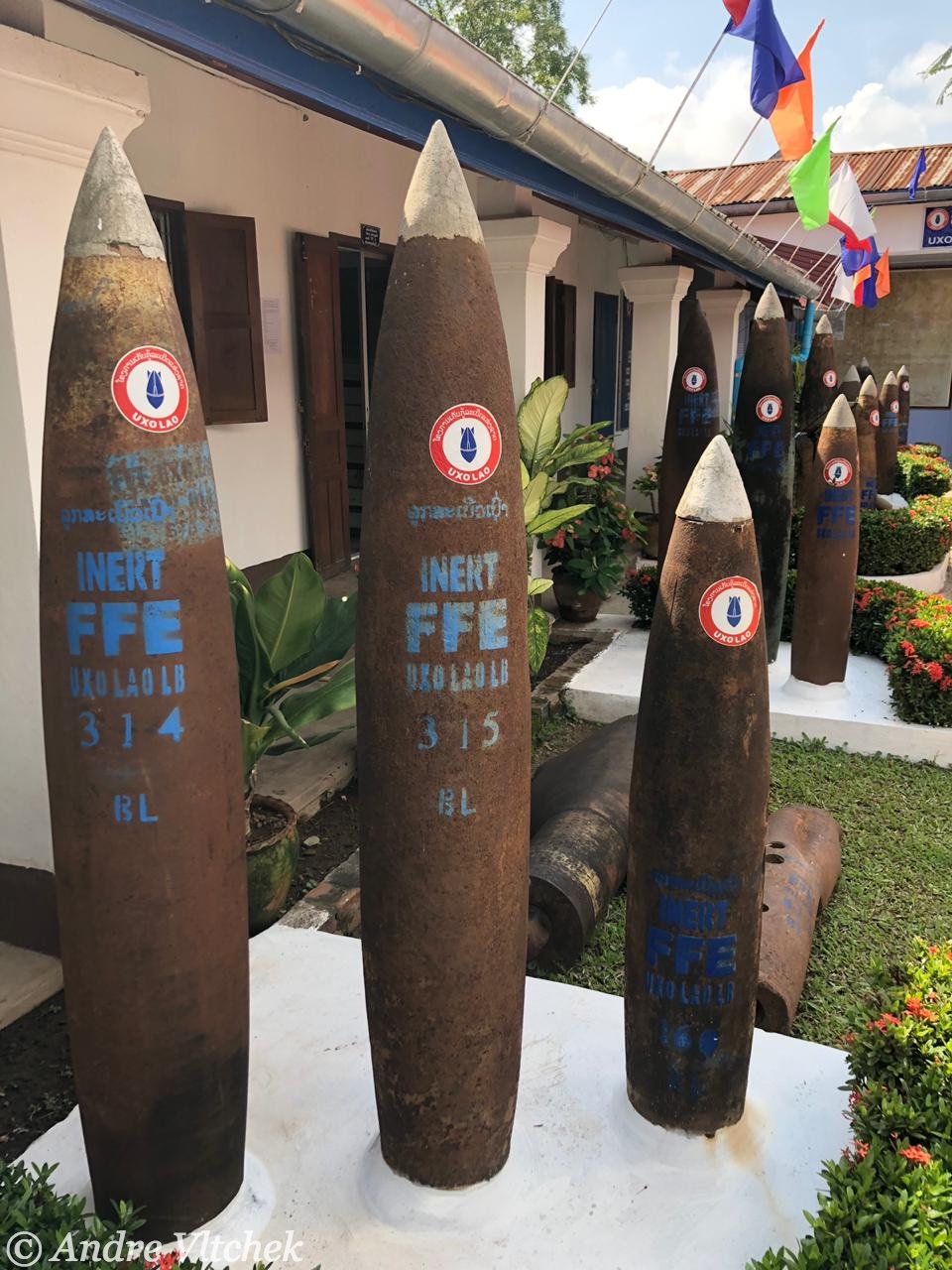
In Laos – US bombs ‘with love’
On purpose, here, I don’t mention Burma, as there, the situation is extremely complex, and ‘specific’. But later this year, I expect to publish a detailed report on the topic.
*
Southeast Asia is clearly a victim. It is also an ‘untold story’. Deep, dark story.
With the exception of Singapore and to some extent Malaysia, it is a devastated, an impoverished victim. It is also a ‘time bomb’. People here are discontent, often desperate. Often, they do not know why. Unlike in Latin America and Africa, where the political awareness of the victims is extremely high; here the victims often believe that they are treated justly and that ‘this is the only way how the society can be arranged and governed’.
If someone travels here, searching for ‘culture’ and ‘new ways to understand life’, they should think twice. In most of Southeast Asian countries, the local culture was thoroughly uprooted. What they will see are some folk shows for foreigners, hardly ever attended by locals. Most of the native music venues, as well as theatrical and other art forms, have been replaced by the most vulgar Western entertainment, by video games and naturally, by social media.
Western men often feel good here. It is because in Southeast Asia, ‘they have won’. They are often ‘respected’ here, just for being both men, and white. They are respected, the same way as the French, Dutch and British colonialists used to be respected here, a century ago. Not loved, not admired, but esteemed for belonging to the race and culture that managed to conquer, destroy and then to give orders.
In fact, for those who want to relive those days of imperialist ‘grandeur’, this is the perfect place to visit.
Naturally, Southeast Asia is glorified by the West, with the exception of the Philippines, Vietnam and Laos (and Burma, for different reasons) – countries that are trying to get away from Western dictates.
It is because this part of the world is ‘perfect’ in the eyes of rulers of the Empire. Here, human lives are freely sacrificed for the profits of corporations, both Western and local, like when a pedestrian here has to wait until the cars pass by; entire villages have to give way to the mining venues and to palm oil plantations. Social services for the citizens are not something secondary, but tertiary, almost irrelevant. Profit is all that matters. The well-being of the citizens is hardly considered.
The West is almost never criticized here. Like in any ‘good’ feudal society, the West is seen as a ‘daddy’. It is severe, but always right. It beats its ‘children’, but gives directions. Religions help to reinforce this sort of obedience, which in many other parts of the world would be synonymous with the Middle Ages.
The local ‘elites’, in the meantime, are ‘having a ball’. They govern unopposed. They are only accountable to the much bigger, mostly Western, power. They can do anything they want with their subjects. They drive their super expensive sedans and SUVs, purchased with funds stolen from the poor, and the poor bow, and bend, prostrating themselves in great respect, fear, servility and admiration.
And they do the same in front of the West.
In brief: perfect societies, observed from New York, Canberra, London or Paris.
And in Bali or Phuket, women dressed in traditional clothes dance in 5-star hotels, roll their big eyes, and twist their slender arms. In order for the foreign visitors to say: “What a great culture!” While, of course, the true great culture was killed by the military pro-Western regimes; choked and murdered in the concentration camps and inside the army barracks.
The only victims of this ‘perfect’ state of things, are the poor; in fact, the great majority in Southeast Asia (no matter what the official statistics say). But who really cares about them?
*
Did most of the Southeast Asian countries really gain their independence, some decades ago? Were the famous merdeka shouts just a big farce? Is it true that Thailand was ‘never colonized’? Is this entire huge region still a de factocolony? And if it is, can the situation change?
These are not just rhetorical questions; they are real. And the answers to them are never simple.
The People of Southeast Asia were violated, robbed and then encircled by pseudo-reality; by lies about their past and present. They were told that they are well, happy, and that what they are experiencing is progress, freedom and democracy. They were also ordered to believe that what their usurper, the West, represents, is synonymous with ‘good governance’ and honesty. Many of them have never encountered any alternative views.
After burying tens of millions of corpses, and after having their rainforests, rivers and mountains thoroughly ruined, most of the Southeast Asians are still convinced that their tormentors are fully qualified to control the world.
*
Note to readers: please click the share buttons above. Forward this article to your email lists. Crosspost on your blog site, internet forums. etc.
Andre Vltchek is a philosopher, novelist, filmmaker and investigative journalist. He has covered wars and conflicts in dozens of countries. Four of his latest books are China and Ecological Civilizationwith John B. Cobb, Jr., Revolutionary Optimism, Western Nihilism, a revolutionary novel “Aurora” and a bestselling work of political non-fiction: “Exposing Lies Of The Empire”. View his other books here. Watch Rwanda Gambit, his groundbreaking documentary about Rwanda and DRCongo and his film/dialogue with Noam Chomsky “On Western Terrorism”. Vltchek presently resides in East Asia and the Middle East, and continues to work around the world. He can be reached through his website and his Twitter. He is a frequent contributor to Global Research.
All images in this article are from the author
